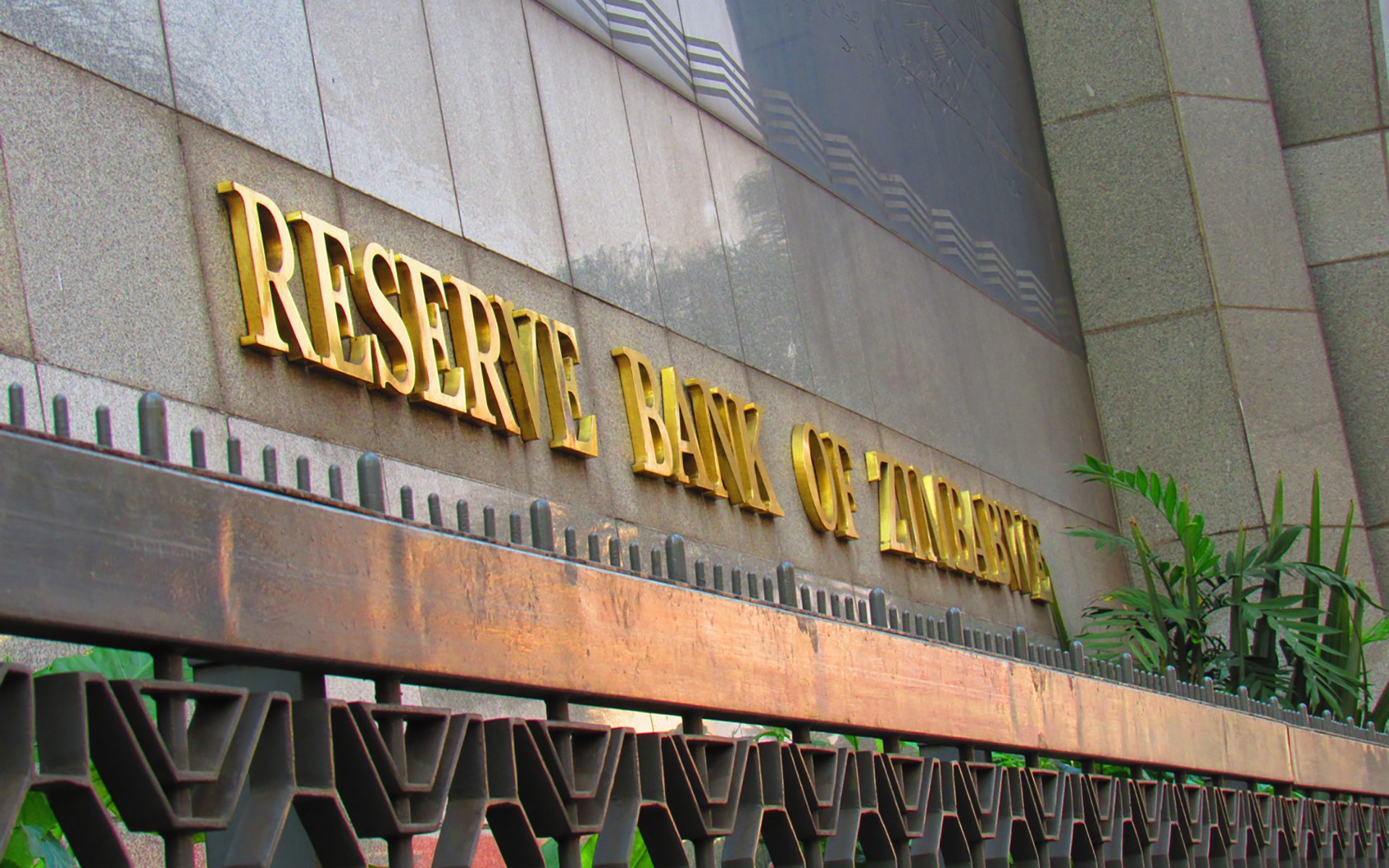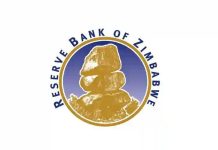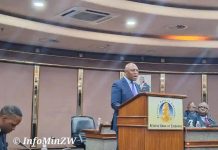The Reserve Bank of Zimbabwe last week announced a raft of measures that are meant to mitigate the devastating impact of the coronavirus on the Zimbabwean society and the economy.
This comes at a time when policymakers globally are implementing a raft of stop-gap measures to ease the impact of Covid-19.
The new measures the central bank introduced, which include pegging the exchange rate and reducing the bank rate, come at a time the pandemic has ravaged economies and left many economic activities at a standstill.
Several countries across the globe have gone into lockdown, which has restricted production and distribution of goods and services.
Key economies that are Zimbabwe’s biggest trading partners, China and South Africa, are currently reeling from the effects of Covid-19, and the latter is now under a 21-day lockdown which started on Thursday night.
The actions that are being taken across the globe will, thus, have significant impact on economies, Zimbabwe included. A snap survey conducted by the Confederation of Zimbabwe Industries (CZI) indicates that 46 percent of local manufacturers have already had their supply chains disrupted.
The CZI survey also reveals that local manufacturers import 36 percent of their raw material requirements from South Africa and 21 percent from China, meaning disruptions in economic activity in those countries will be felt locally.
It is against this background that the central bank had to intervene and “mitigate the devastating impact of Covid-19”.
One of the key measures that the central bank had to take is to allow those with free funds to be able to use them to pay for local transactions. Using foreign currency for local transactions was outlawed in June 2019 in favour of a mono-currency, driven by the local dollar.
Under SI 142 and SI33 of 2019, those with free funds were directed to first convert their foreign currency into the Zimbabwe dollar before making any local payments.
However, last week’s measures make it legal to settle local bills in foreign currency.
The RBZ said the intervention “takes into account the country’s limited access to foreign finance, which is adversely affecting the country’s balance of payments position.”
Unlike other countries, Zimbabwe, which suffers from a huge debt overhang and restrictive sanctions, is unlikely to receive financial support from the billions of dollars set aside by the World Bank and the International Monetary Fund (IMF) to help economies lessen the impact of Covid-19, according to the IMF representative in Zimbabwe, Patrick Imam.






